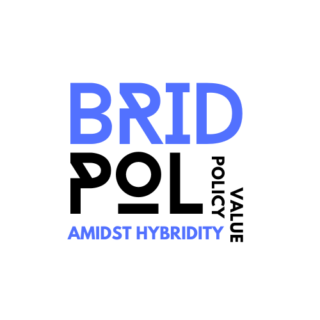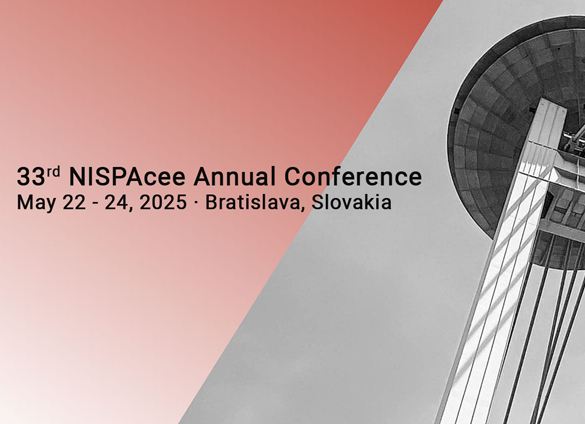
BRIDPOL - Policy Value Amidst Hybridity
The purpose of Academy of Finland -funded research project BRIDPOL – Policy value amidst
hybridity is to is to contribute to a novel theoretical-conceptual understanding of the links between policy-making, value creation, and hybridity, as well as to more systematically scrutinize the impacts of hybridity on the governance of algorithms, digital
business platforms, and urban sustainability.
BRIDPOL - Policy Value Amidst Hybridity
Complex policy problems do not follow the definitions of sectoral or organizational mandates in which individual concerns are linked to specific policy problems and where the respective accountabilities are easily demonstrated through the performance of individual policies. Combating climate change, surviving pandemics, alleviating social exclusion, and developing sustainable and democratic cities is a highly collaborative exercise between public policies and agencies, private businesses, economic institutions, and civic activities. In BRIDPOL project, the interplay between the institutional domains of public, private, and civic actors and activities is called hybridity. More specifically, hybridity refers to the consequences of goal-oriented action among public, private, and civil society actors and organizations with the following characteristics:
1) Mixed ownership becoming visible (e.g., state-owned enterprises that pursue politically driven goals while exploiting business logics and operating in global financial markets
2) Goal incongruence and distinct institutional logics—such as the logic of profit-seeking vis-à-vis the logic of public service effectiveness with social impacts (e.g., social enterprises that attempt to “do well by doing good”)
3) Multiplicity of funding arrangements growing between public and private actors, including investors and financiers (e.g., public–private partnership (PPP) arrangements in financing public service delivery and large infrastructure projects)
4) Diversity of financial and social control taking multiple forms, including regulatory control of the markets, professional self-control, human and non-human control of algorithmic governance, and customer-driven market control within a single service delivery system.
RESEARCH AIMS OF BRIDPOL
1. Connecting policy research and hybrid governance
How hybridity influences society level policies?
2. Understanding policy value amidst hybridity
What are the most important synergies and problems of
value constellations under hybridity?
3. Exploring policy mechanisms of value creation
What are the policy mechanisms of value creation and
their interactions in different empirical contexts?








